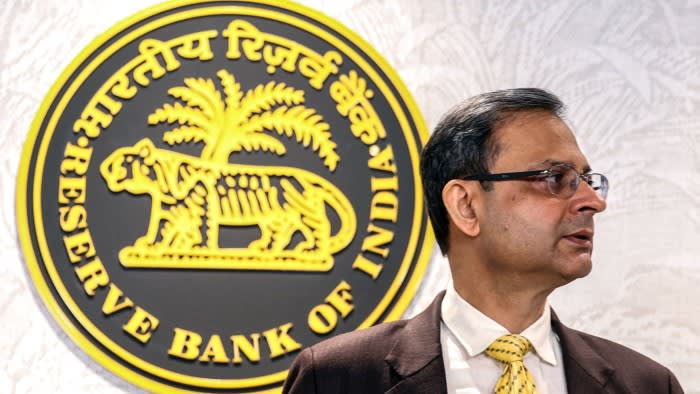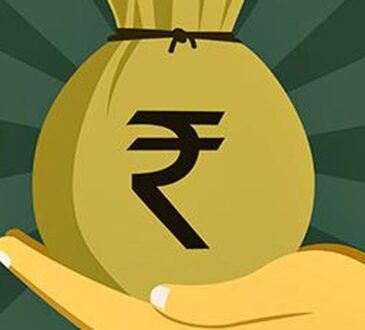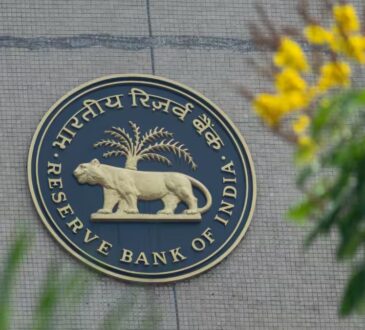
Good morning, especially to those who are reading this newsletter today instead of switching off for the long weekend. Next Tuesday, the global fintech fest kicks off in Mumbai. Prime Ministers Narendra Modi and Keir Starmer are speaking at the event, and there will probably be some announcements around technology-enabled cross-border payment and lending mechanisms.
(I am moderating a panel discussion at the event. If you are around and interested, we can catch up after my session at 3:30pm on October 7. Some of you have already written to me on LinkedIn).
In today’s newsletter, Elon Musk’s X loses its legal challenge against the government’s “censorship”. But first, will the rupee become the de facto currency for trade?
Trade value
The Reserve Bank of India left interest rates unchanged on Wednesday. But far more interesting were the slew of measures it announced to help expand credit and deepen capital market activity.
One of the more significant of the 22 reforms announced was the central bank’s move to internationalise the rupee and promote its use in trade, especially with countries in the neighbourhood. The RBI is working with the relevant agency to establish direct conversion rates for the rupee with other currencies — the UAE’s dirham and Indonesian rupiah, in addition to the current four (the dollar, euro, pound and Japanese yen) — in order to avoid the complications of converting first to the dollar. The bank is also asking its authorised dealer banks to extend loans in the rupee to non-residents living in Bhutan, Nepal and Sri Lanka. They expect this will lead to bigger volumes of trade settlements in the currency.
The banking regulator also further expanded the use of funds in special rupee vostro accounts (which foreign banks maintain to settle trade in the rupee) to investments in corporate bonds and commercial papers. In August, the RBI had allowed funds in these accounts to be invested in central government securities. One of the problems with India buying Russian oil in rupees was that there was very little that Moscow could do with the currency. This move is meant to mitigate that concern.
India has been promoting trade in the rupee with other Brics nations as well. Together, even though they are now only small drops in the ocean, these measures will go towards the attempt to de-dollarise global trade, something that US President Donald Trump has strictly warned against. However, the real impact of the RBI’s move will be minimal. The rupee, whose share of the global forex market is minuscule, is not fully convertible, and policymakers continue to be cautious about it. Even among India’s neighbours, the confidence in the currency is not high, especially after the government’s abrupt demonetisation exercise in 2016.
Wednesday’s announcement should not be taken as an indicator of immediate sweeping changes in India’s trade strategy. However, it is an attempt at cocking a snook at Trump, and that has its own value: it is good for New Delhi to stand its ground against Washington while trade talks are still ongoing. For now the White House is too busy with the shutdown of the US government to comment about this, but a future all-caps 2am post on Truth Social cannot be ruled out. Keep the popcorn handy.
Do you think internationalisation of the rupee is a high-impact reform? Hit reply or email me at indiabrief@ft.com
Recommended stories
-
The US has vowed to maintain tariffs regardless of the Supreme Court ruling.
-
Mumbai’s Worli sea face is India’s new billionaires’ row.
-
Scientists have found that autism’s genetic roots differ by age of diagnosis.
-
Czech billionaire Daniel Křetínský has exited Thyssenkrupp to make way for Naveen Jindal.
-
“India should not shed tears over H-1B visas,” writes Manjeet Kripalani of Gateway House.
-
Abu Dhabi vs Doha: the battle to lure residents beyond Dubai.
X vs Government

X has lost its legal challenge against content takedown orders. In March, Elon Musk’s company had filed a case with the Karnataka High Court alleging that the “Sahyog” portal, which was launched by the government in October last year, allows millions of police officers in India to arbitrarily issue takedown orders to social media platforms.
Although X asserts that this is an infringement on freedom of speech in the country, the company’s concern is also that it becomes liable for these violations. Indian regulation ordinarily views social media platforms that carry user generated content as “platforms” and not “publishers”. Platforms cannot be sued for defamatory or inflammatory content, but publishers can. However, this protection is not absolute and platforms lose their immunity if they fail to remove the content after receiving “actual knowledge” from a government agency.
X’s contention was that the portal allows government authorities to seek removal of content based only on allegations of illegality, without providing actual evidence of it. There is no due process or judicial review of these demands. The court, however, ruled that social media “cannot be left in a state of anarchic freedom” and that the country’s digital space should not be treated as a “mere playground where information can be disseminated in defiance of statutes”. The court proceedings during the trial were highly charged; at one point the government’s counsel created a fake account for the “Supreme court of Karnataka”, and demonstrated how easy it was to get it “verified” by X.
It is hard to defend X, where the quality of discourse has dropped sharply especially in the past couple of years after most content moderators were fired in Musk’s shake-up of the company. However, its pleas in this case are valid — giving millions of officers in law enforcement the power to restrict any content they deem inflammatory goes too far, and the lack of a review process makes it worse. The problem is not in having regulation to rein in Big Tech, but that this particular regulation could endanger the right to free speech for all Indians. X is planning to appeal the court’s order.
Go figure
Here are some key numbers that emerged from the RBI’s meeting this week.
Read, hear, watch
I have spent the past 10 days reading The Sisters, a novel by Swedish-Tunisian writer Jonas Hassen Khemiri. The book starts at a New Year’s eve party in 2000, and introduces us to the three Mikkola sisters — Ina, Evelyn and Anastasia — at the turn of the millennium. Also at the party is the fictional Jonas Khemiri, who grows up to become a novelist, and has known the sisters since he was a child. The novel then moves on, year after year, chronicling the lives of the four characters and their families.
The scope of the book is at once both micro and majestic. Khemiri shows us the new world that millennials had to navigate, while confronting the age old questions of identity and belonging. It’s a fantastic work, the biggest testament to which is that my screen time reduced by a quarter since I started reading the book. A word of caution — at 650 pages, the book is heavy. Get it on the Kindle, if you have one. I had to go to the physiotherapist to fix my wrist from reading it in bed. Not kidding!
Buzzer round
Whose interest in video games led to the $55bn acquisition of Electronic Arts this week?
Send your answer to indiabrief@ft.com and check Tuesday’s newsletter to see if you were the first one to get it right.
Quick answer
On Tuesday, we asked what time your weekday alarm is set for. Here are the results. I am in the 6-7am bracket too these days, with 40 per cent of you.

Thank you for reading. India Business Briefing is edited by Tee Zhuo. Please send feedback, suggestions (and gossip) to indiabrief@ft.com.




